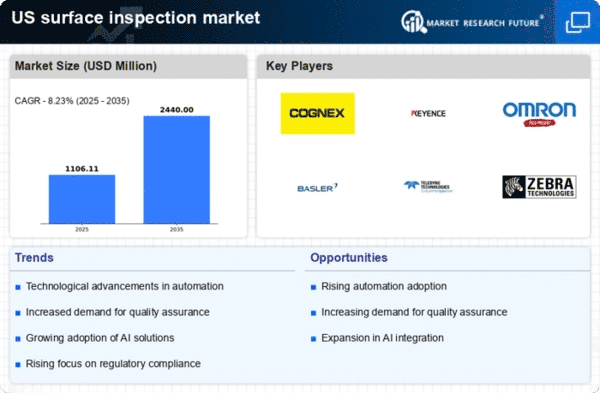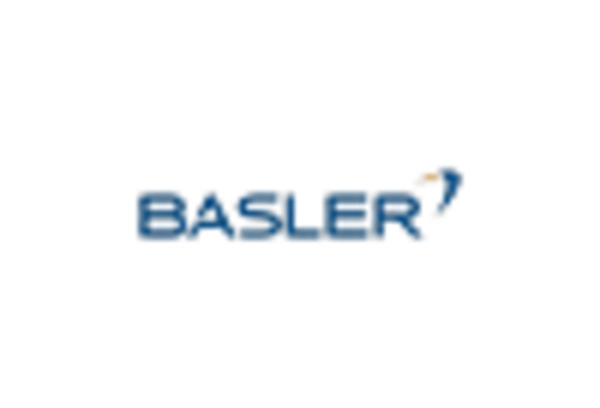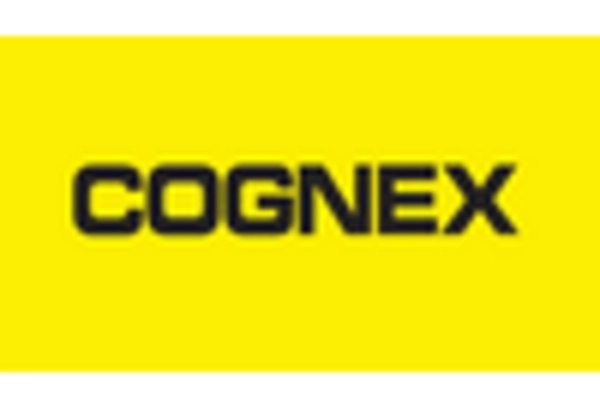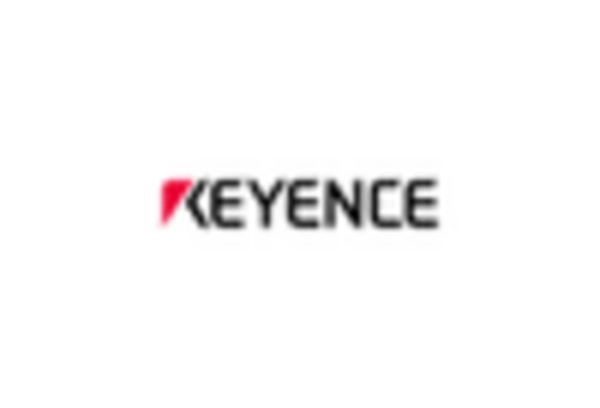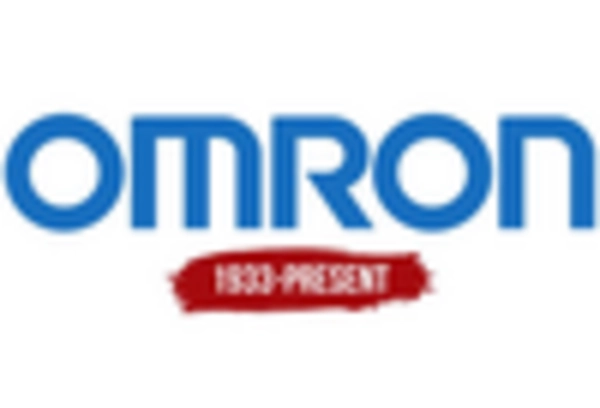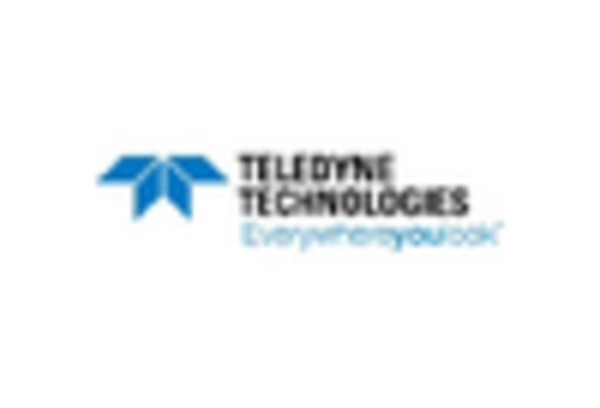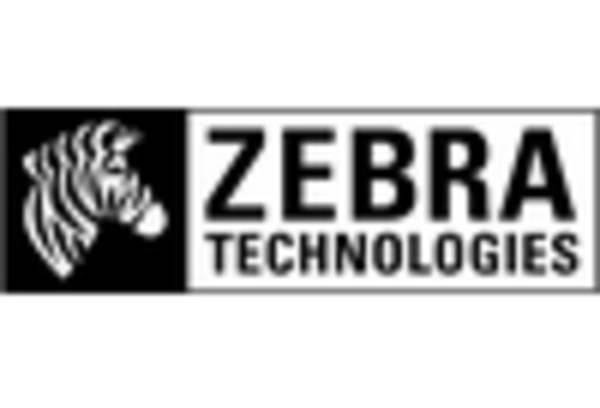Increasing Regulatory Compliance
Regulatory compliance is becoming increasingly stringent across various industries, significantly impacting the surface inspection market. Industries such as aerospace, automotive, and manufacturing are subject to rigorous quality standards and safety regulations. Compliance with these regulations necessitates the implementation of effective surface inspection processes to ensure product integrity and safety. For example, the Federal Aviation Administration (FAA) mandates specific inspection protocols for aircraft components, which drives the demand for advanced inspection technologies. As companies strive to meet these regulatory requirements, The surface inspection market was expected to witness substantial growth, with an estimated increase in market value reaching $3 billion by 2027.
Growing Demand for Quality Assurance
The emphasis on quality assurance in manufacturing processes is a key driver for the surface inspection market. As competition intensifies, companies are increasingly prioritizing quality to enhance customer satisfaction and brand reputation. This trend is particularly evident in sectors such as electronics and pharmaceuticals, where product defects can lead to significant financial losses and safety concerns. The surface inspection market is responding to this demand by offering advanced solutions that ensure products meet stringent quality standards. It is estimated that the market could expand by 10% annually as businesses invest in surface inspection technologies to maintain high-quality outputs and reduce the risk of recalls.
Expansion of Manufacturing Industries
The expansion of manufacturing industries in the US is a significant driver for the surface inspection market. As sectors such as automotive, aerospace, and electronics continue to grow, the need for effective surface inspection solutions becomes increasingly critical. The rise in production volumes necessitates robust inspection processes to maintain quality and safety standards. For instance, the automotive industry is projected to grow by 5% annually, leading to heightened demand for surface inspection technologies. This growth is likely to create new opportunities for market players, as manufacturers seek to implement efficient inspection systems to keep pace with production demands and ensure product reliability.
Rising Adoption of Smart Manufacturing Practices
The shift towards smart manufacturing practices is influencing the surface inspection market significantly. As industries adopt Industry 4.0 principles, the integration of IoT and data analytics into manufacturing processes is becoming commonplace. This transformation allows for real-time monitoring and analysis of production quality, thereby enhancing the effectiveness of surface inspection methods. The surface inspection market is likely to benefit from this trend, as manufacturers seek to implement automated inspection systems that can provide immediate feedback and reduce downtime. It is anticipated that the market will grow by approximately 7% over the next few years, driven by the increasing adoption of smart technologies in manufacturing.
Technological Advancements in Imaging Techniques
The surface inspection market is experiencing a surge in technological advancements, particularly in imaging techniques. Innovations such as high-resolution cameras and advanced sensors are enhancing the ability to detect surface defects with greater accuracy. For instance, the integration of 3D imaging and thermal imaging technologies is enabling industries to identify flaws that were previously undetectable. This is particularly relevant in sectors like aerospace and automotive, where precision is paramount. The market is projected to grow at a CAGR of approximately 8% over the next five years, driven by these advancements. As industries increasingly adopt these technologies, the demand for sophisticated surface inspection solutions is likely to rise, further propelling the surface inspection market forward.

